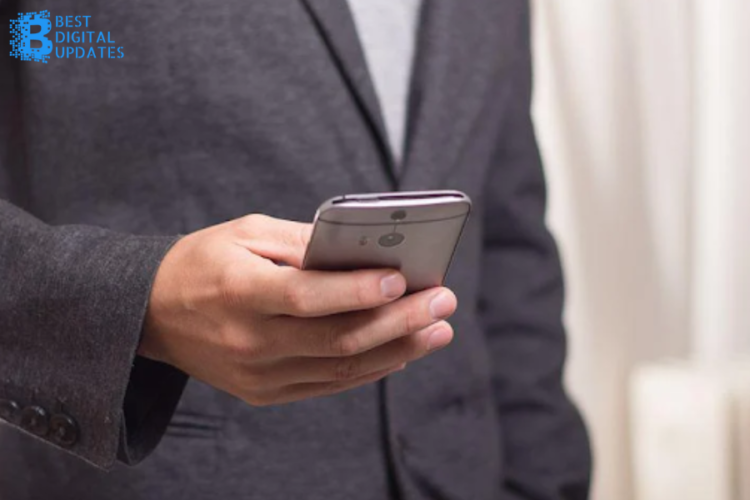Smartphone hacking is a real threat, especially now that smartphone malware is on the rise – rocketing up a staggering 500 percent in just the first quarter of 2022. Both Apple and Android phones are at risk, too.
It’s time to start using antivirus protection for your phone, if you haven’t already. Hackers are out there, and without antivirus, you’re an easy target. Don’t let hackers gain access to your phone. Use these tips.
Install Your Regular Software Updates
Table of Contents
One of the most effective things you can do to protect your smartphone from malware is to install the regular software updates as they become available. Part of the reason why manufacturers even release these updates is because they’re a way to distribute patches for security flaws and weaknesses that hackers have become known to exploit. By installing your updates as they become available, you’re plugging the holes that could allow hackers in – at least, those that are known about. As time passes, developers will come up with even more patches for even more problems, so it’s important to install your updates regularly.
Stay Away from Public Charging Stations
A public charging station can seem like a godsend in the middle of an airport or at a library during long hours of studying. But they often use USB cables, which can transmit data as well as power. That makes them a point of vulnerability for smartphone owners because hackers can tamper with the charging station or the chargers and use them to steal information right from your phone. It’s called juice jacking.
If you have to charge in public, it’s best to use an A/C adapter. Power lines can only transmit electricity, not data, so it’s impossible for hackers to tamper with them to steal your info.
Use an Antivirus Program for Phones
Unfortunately, you can’t rely on Google Play Protect to keep malware and viruses off of your phone. And even if you have an iPhone, you’re still vulnerable to malware. You need to buy an antivirus program for your phone to protect your data from criminals. An antivirus program for your smartphone will protect your privacy, keep your banking and personal data out of the hands of thieves, stop threats, and shield you from attempts at fraud. It will even protect you from malicious websites so you can browse securely, and it might even improve the performance of your phone.
In fact, smartphone viruses and malware are so common, and awareness of them is so low, that you might already be infected and not even realize it. A malware app could be ticking along in the background, maybe slowing down your system and maybe eating up your battery, but otherwise going unnoticed. If you’re noticing any performance issues, strange charges on your bill, a fast-draining battery, a spike in mobile data consumption, pop-up ads, unexpected crashes, or overheating, your phone might be infected. Download an antivirus program and run it to clean your system.
Don’t Use Auto-Login for All Your Apps
Staying logged in to your email, bank account, social media, and other apps on your phone seems convenient. You can get real-time notifications when your friends comment on your stuff or when you get an important email. You can keep your finger on the pulse of your finances. But it’s dangerous to keep all that stuff wide open on your phone.
For one thing, if someone were to steal your phone or even just pick it up after you’ve lost it, they’d instantly have access to your bank accounts, email, and social media. They could transfer all your money into their own account,then jump on your Facebook and send phishing messages to all your friends, perhaps convincing some of them that you really are stranded in another country and in need of a quick wire transfer. Even if you use a passcode or biometric security – and you definitely should – that will just slow down someone who is determined to get at the data in your phone.
Malware and viruses will also have an easier time getting your sensitive data if they gain access to your phone to find your accounts wide open. It might be a pain, but log out of apps on your phone after you’re finished using them, and log back in again every time you want to have a session.
Hackers are targeting smartphones, but you don’t have to make it easy for them. Take the right steps to protect yourself, and maybe the hackers will go after someone a little easier to take advantage of.





















